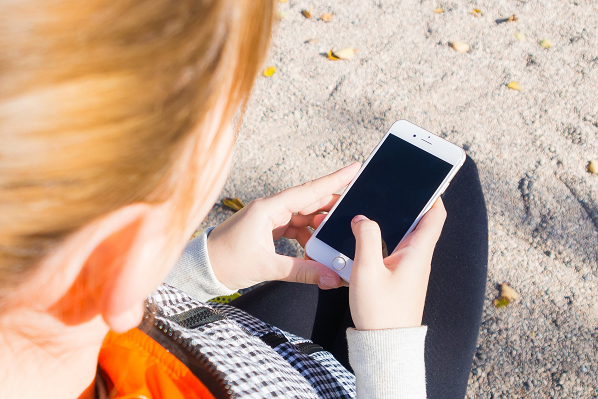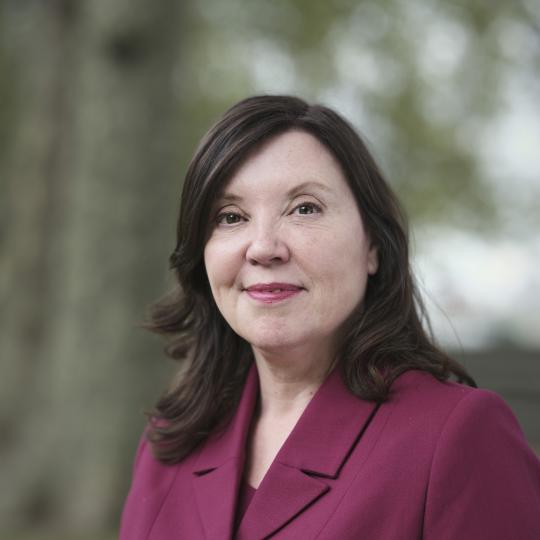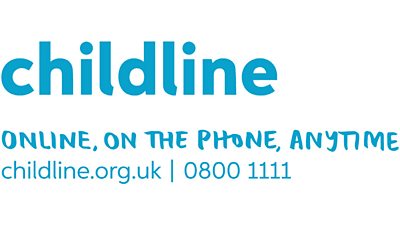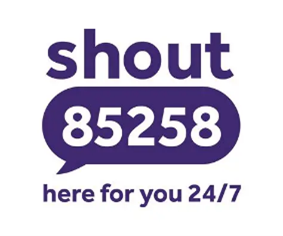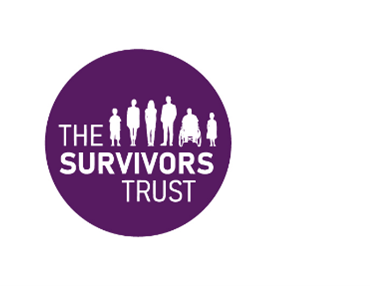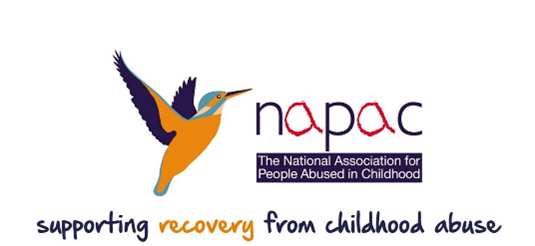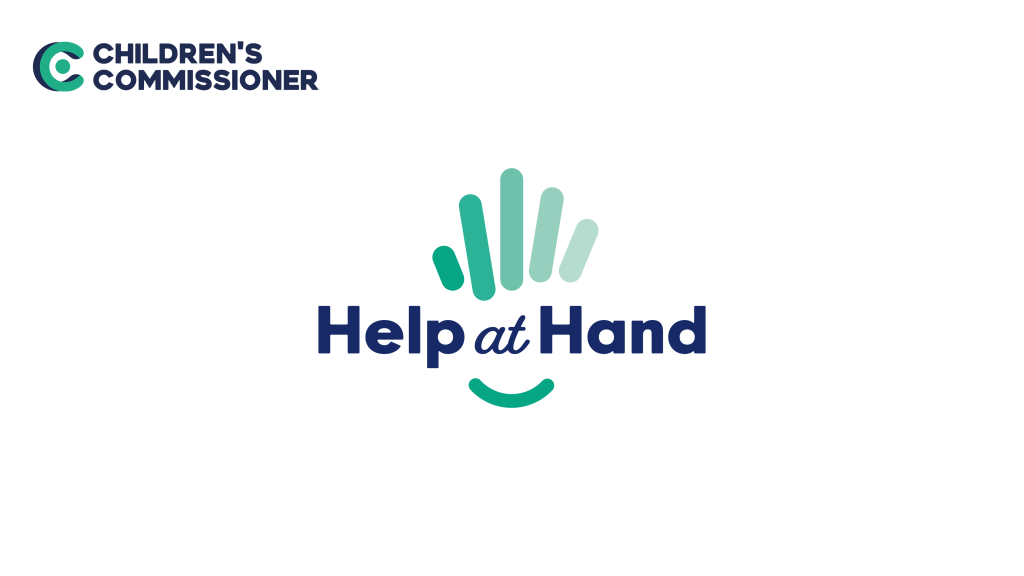Youth Voices: Children and pornography
The rules for the online world are changing.
One part of the online world that is particularly concerning is pornography and how easy it is for children to access. Children should not be able to access this type of harmful content but our research has found many still are, often by accident.



